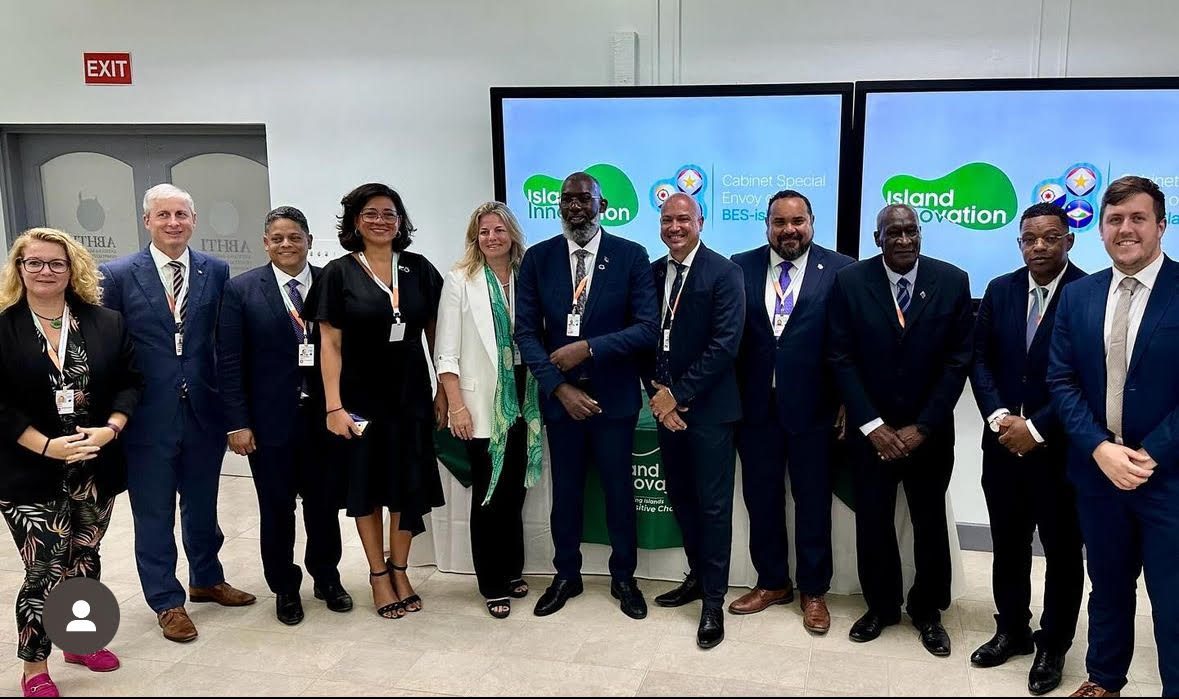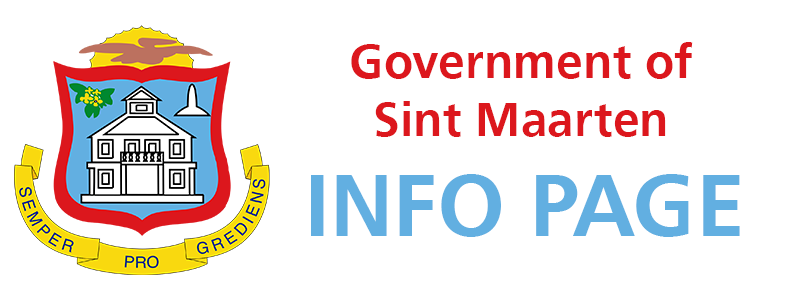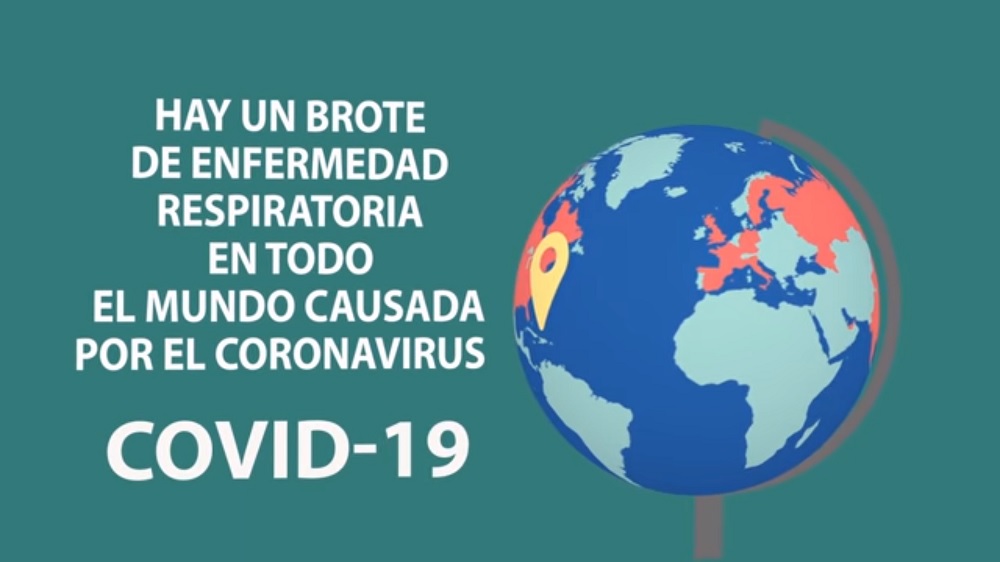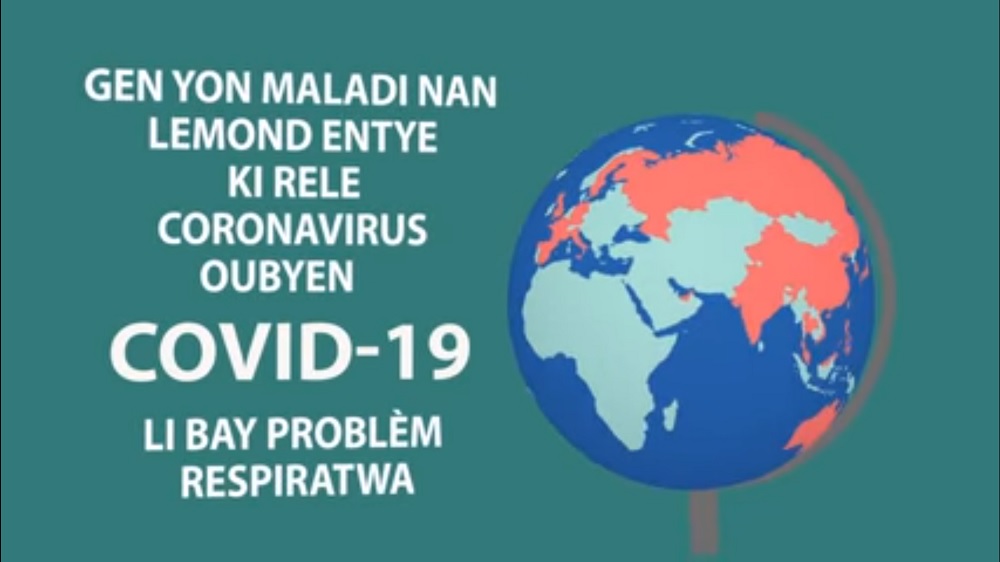Caribbean Conservation Leader Tadzio Bervoets Advocates for Sustainable Blue Economies at United Nations Preparatory Meetings
New York, July 4, 2024
As part of his role as the Chair of UNESCO-IOC for Latin America and the Caribbean and as the project leader for sustainable blue economies through the Caribbean, St. Maarten conservationist Tadzio Bervoets recently participated in the UN Preparatory Meetings for the United Nations Oceans Conference at the UN Headquarters in New York. This engagement follows Bervoets' active participation in the UN SIDS4 Conference in Antigua and Barbuda in June 2024, where similar themes were discussed.
Work at UN SIDS and UNESCO Meetings in Costa Rica
Bervoets' contributions to the UN SIDS4 Conference and UNESCO meetings in Costa Rica have laid a strong foundation for his advocacy at the UN Preparatory Meetings. In Costa Rica, he chaired various meetings of UNESCO-IOC for Latin America and the Caribbean, where the importance of using science as a decision-making tool was emphasized. These discussions have been pivotal in shaping the agenda for sustainable development and conservation in the Caribbean.
Key Discussion Topics at the UN Preparatory Meetings
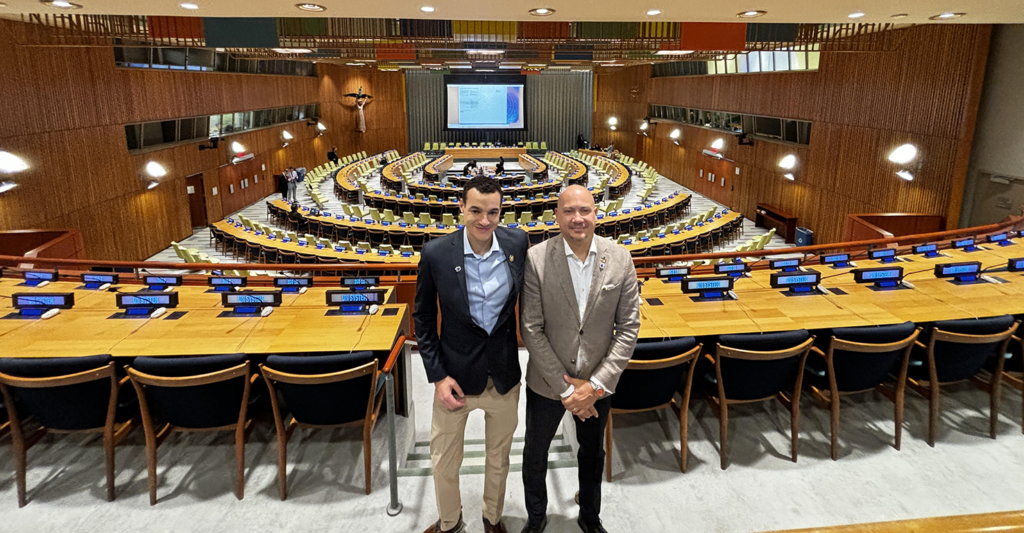
During the meetings in New York, several critical issues were addressed, focusing on the sustainable development and conservation of the Caribbean's marine and terrestrial environments:
A primary focus was on developing financial mechanisms to support sustainable ocean development in the Caribbean. This includes innovative financing solutions to bolster the region's blue economy while ensuring environmental sustainability and economic development.
The need to expand marine protected areas was emphasized to enhance climate resilience and biodiversity protection throughout the region. This expansion is crucial for safeguarding marine ecosystems against the impacts of climate change.
The transition to alternative energy sources was highlighted as an urgent need for the Caribbean, particularly for Sint Maarten, which is facing ongoing energy crises. This shift is vital for reducing the region's carbon footprint and enhancing energy security.
Bervoets stressed the importance of establishing terrestrial protected areas in the Caribbean, and highlighted Sint Maarten as being one of the few islands in the Caribbean without a protected area on land, placing an emphasis on linking these efforts to broader sustainable development and climate resilience strategies.
The development of comprehensive climate change adaptation plans across various sectors in the region was highlighted. Sint Maarten was identified as lacking in climate change adaptation plans and emphasized a critical need to address the multifaceted impacts of climate change regionally and locally.
Increasing investment from civil society into sustainable development and biodiversity conservation was recognized as essential for achieving long-term environmental goals both regionally and locally.
There was a call for greater political will throughout the Caribbean, particularly in Sint Maarten, where upcoming snap elections have seen little focus on biodiversity conservation or sustainable energy development. Legislative reforms were also deemed necessary, including increased stakeholder involvement, the development of Environmental Impact Assessment legislation, and the establishment of financial mechanisms for conservation.
The importance of using science as a decision-making tool was underscored, reflecting discussions held in Costa Rica in June where Bervoets chaired various meetings of UNESCO-IOC for Latin America and the Caribbean.
The discussions also highlighted the devastating impacts of hurricanes in the region, with a particular focus on Hurricane Beryl. Hurricanes pose a significant threat to the Caribbean, causing widespread destruction to infrastructure, ecosystems, and economies. Despite contributing minimally to global climate change, the Caribbean remains on the frontline of the global climate crisis. The region's vulnerability to extreme weather events underscores the urgent need for comprehensive climate adaptation strategies and robust disaster resilience measures.
Through the UN, there will be follow-up actions based on the discussions held during these preparatory meetings. These actions will contribute to the lead-up to the UN Oceans Conference and will be incorporated into the Draft Roadmap Document currently being developed. Recommendations from the conference will be communicated to all stakeholders, including those in government and civil society, ensuring a collaborative approach to sustainable development and conservation.


